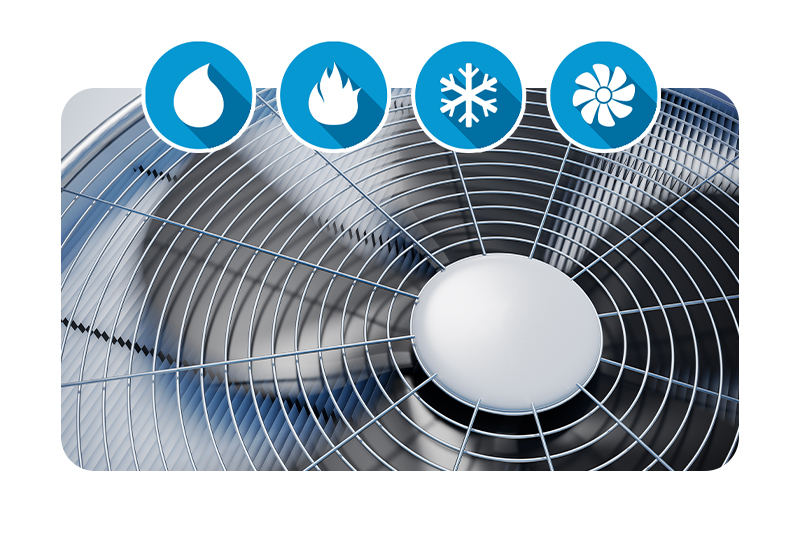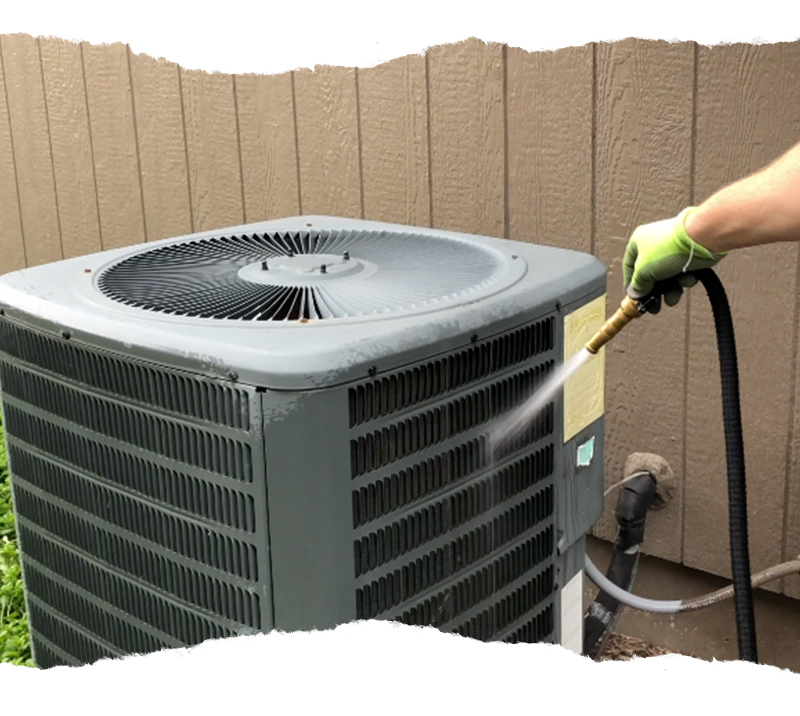
Coil cleaners are essential products for HVAC maintenance! Regular cleaning of coils with a proper coil cleaner can significantly improve the efficiency and extend the lifespan of an HVAC system. Over time, coils can accumulate dirt, dust, grease, and other debris, which insulates the coils and reduces their ability to transfer heat. This not only makes the system work harder, leading to increased energy consumption and higher utility bills, but it can also cause additional strain on the system, potentially leading to premature failure.
Using the right type of coil cleaner is crucial. There are various types of coil cleaners available, including:
- Acidic cleaners are typically used for heavy-duty cleaning on condenser coils and can effectively remove scale and other mineral deposits. However, they must be used with caution as they can be corrosive and damage the coils if not used correctly.
- Alkaline cleaners are less corrosive than acidic cleaners and are good for removing grease and oils from coils. They are often used on evaporator coils and in situations where a less aggressive cleaner is needed.
- Easy to use foaming cleaners expand and foam up when applied, helping to lift dirt and debris out of the coil fins with a visual indication of the cleaning process.
- Non-acidic, non-alkaline cleaners are milder and less likely to cause damage to the coils. They are suitable for regular maintenance and situations where the coils are not heavily soiled.
- Some coil cleaners are designed to be safe for the environment, reducing the impact of chemicals on the surrounding area. These are ideal for use in sensitive environments or where regulations require the use of eco-friendly products.

It’s important to choose the right cleaner based on the type of coils, the degree of soiling, and the specific maintenance requirements of the system. Proper application and rinsing are also critical to prevent damage to the coils and ensure that no cleaner residue is left behind, which could impede heat transfer or cause corrosion over time.

